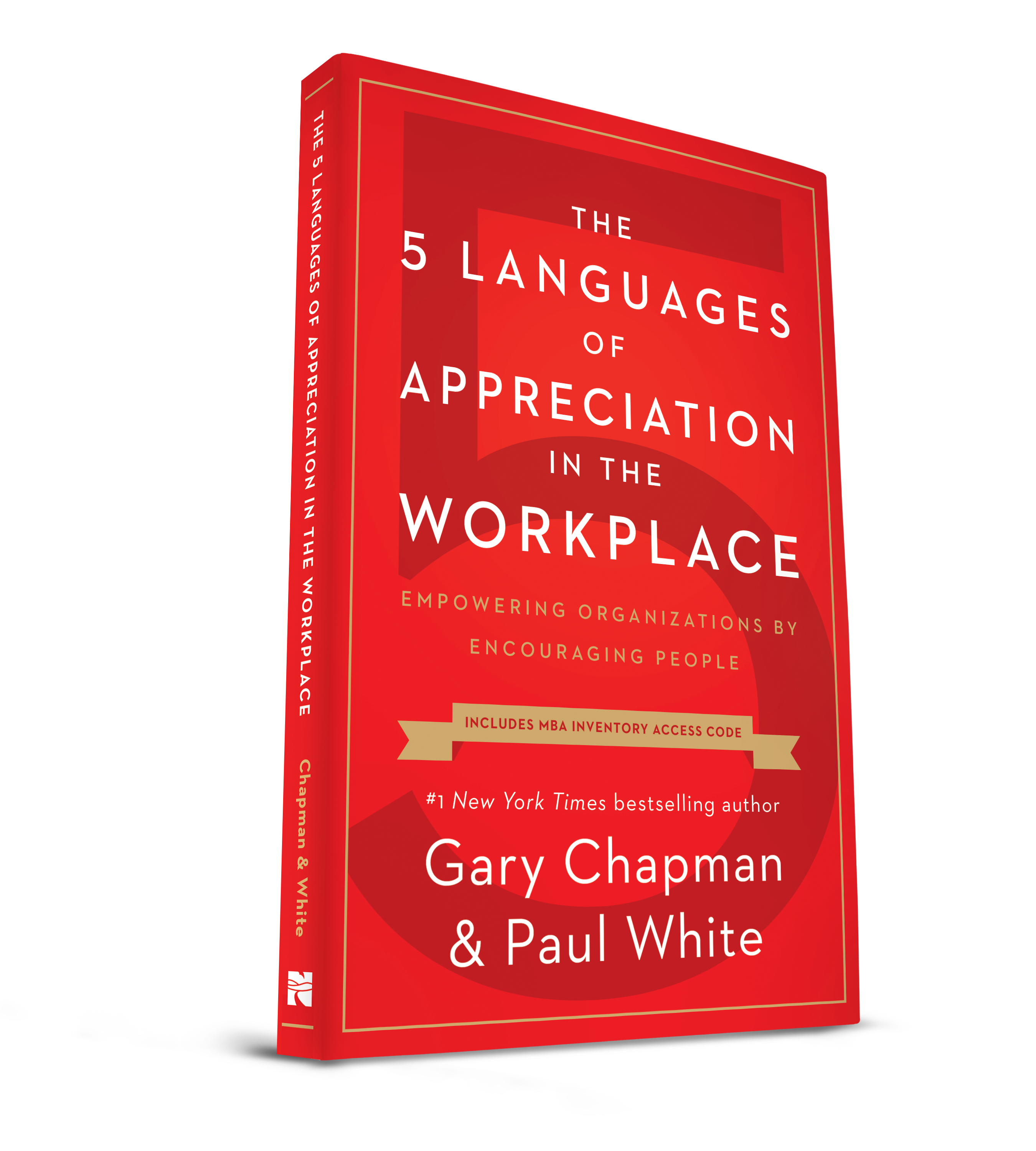A Good Apology Can
Change Your Entire Life
See Why Gary Chapman, Author Of The 5 Love Languages®, Says That Effectively Utilizing Apology Languages Is Just As Necessary As Understanding Love Languages For A Complete And Happy Life

In a perfect world, apologies wouldn't be necessary. But in our imperfect world, they are crucial for our well-being.
Discover the transformative power of understanding apology languages with Dr. Jennifer Thomas. As a renowned expert based in the United States, Dr. Jennifer delves into the intricacies of apologies within professional and personal contexts, offering invaluable insights for enterprises and individuals seeking effective conflict resolution and communication strategies.
Transform Your Relationships with a Simple Apology!
Unlock the power of effective apologies and see immediate results.
Try The 5 Apology Languages™ tool now to create deeper, more meaningful connections!
The Apology Expert
Dr. Jennifer Thomas

Bestselling author, TEDx speaker, leadership consultant, and psychologist who helps people know what to say in any situation.
Dr. Jennifer enjoys teaching what to say when challenging conversations arise for corporate groups. Today’s world requires that you know the essentials of successful apologies. Simply saying you’re sorry is usually not enough. Dr. Jennifer helps people turn bad situations into good outcomes based on The 5 Love Languages® and The 5 Apology Languages™.
She is one of a handful of approved presenters for Gary Chapman’s #1 New York Times best-selling book series “The 5 Love Languages ®.” In interactive presentations, she shares practical skills to improve relationships by understanding that the best way to show love is to speak the other’s love language™.






Store
Making Things Right at Work
Workplace conflict is inevitable. When it happens, how can you get back on track?
This book focuses on strategies and techniques for resolving workplace conflicts and making amends professionally. It provides practical advice on how to apologize effectively in the workplace, navigate interpersonal challenges, and restore trust and harmony among colleagues and within teams.
In Making Things Right at Work, Dr. Gary Chapman, #1 New York Times bestselling author of The 5 Love Languages®, is joined by business consultants Dr. Jennifer Thomas and Dr. Paul White to offer the strategies you need to restore harmony at work. You’ll learn:
How to discern the causes of workplace conflict
How to avoid unnecessary disputes
How to repair relationships when you’ve messed up
How to let go of past hurts and rebuild trust
Don’t let broken relationships taint your work environment. Take the needed steps to make things right . . . not tomorrow, but today. The success of your career depends on it!
Want to learn your Apology Language?
The 5 Apology Languages™
“I said I was sorry! What more do you want?”
Even in the best of relationships, we mess up. We say and do things we deeply regret later on. So we need to make things right. But just saying you’re sorry isn’t enough. That’s only the first step on the road to restoration.
In The 5 Apology Languages™, Gary Chapman, the #1 New York Times bestselling author of The 5 Love Languages®, partners with
Jennifer Thomas to help you on the journey toward restored relationships. True healing comes when you learn to:
Express regret: “I’m sorry.”
Accept responsibility: “I was wrong.”
Make restitution: “How can I make it right?”
Plan for change: “I’ll take steps to prevent a reoccurrence.”
Request forgiveness: “Can you find it in your heart to . . . ?”
Don’t let hurts linger or wounds fester. Start on the path to healing today and discover how meaningful apologies can make your friendships, family, and marriage stronger than ever before.
The 5 Love Languages®
Transform Your Relationships with Love Languages
The 5 Love Languages® by Gary Chapman is a transformative book that has helped millions of people improve their relationships. Chapman introduces the concept that everyone has a primary love language—a unique way of expressing and receiving love. By understanding and speaking your partner's love language, you can build a stronger and more fulfilling relationship.
Words of Affirmation
Express love and appreciation through spoken words, compliments, and praise.
Acts of Service
Show your love by doing things that help or support your partner.
Receiving Gifts
Make your partner feel special with thoughtful gifts, no matter how small.
Quality Time
Spend meaningful, undivided time together, focusing on each other.
Physical Touch
Communicate affection through physical gestures like hugs, kisses, and holding hands.
Why read this book?
Improve communication by learning how to better express your love and understand your partner's needs, strengthen bonds by building a deeper, more connected relationship through the right love language, and get practical tips with actionable advice and real-life examples to apply in your daily life.
The 5 Languages of Appreciation in the Workplace™
This book delves into the nuances of apologies within the workplace environment. It explores the impact of apologies on workplace culture, employee morale, and team dynamics. The book offers practical advice and case studies on how to navigate workplace apologies successfully, fostering a culture of accountability and reconciliation.
My Approach
I enjoy teaching what to say when challenging conversations arise for corporate groups and individuals. Today’s world requires that you know the essentials of successful apologies for all important relationships to thrive. Simply saying you’re sorry is usually not enough.
I help people turn bad situations into good outcomes based on The 5 Love Languages® and The 5 Apology Languages™.
I am one of a handful of approved presenters for Gary Chapman’s #1 New York Times best-selling book series “The 5 Love Languages®.” In interactive presentations, I happily share practical skills to improve relationships by understanding that the best way to show love is to speak the other’s love language™.
After conducting extensive research, Gary Chapman and I have discovered a more effective way for people to apologize and move toward true, meaningful forgiveness. Join us in our mission to teach others how to have more healthy communication, better relationships, and caring connections with those in our lives.
Frequently Asked Questions
What is Dr. Jennifer Thomas's area of expertise?
Dr. Jennifer Thomas co-created The 5 Apology Languages™, which focus on how individuals perceive and express apologies in various contexts, including personal and professional relationships.
How can Dr. Jennifer Thomas help me?
Dr. Thomas offers workshops, consultations, and coaching services to help individuals and organizations improve communication, resolve conflicts, and foster healthier relationships based on an understanding of apology languages.
What are apology languages, and why are they important?
Apology languages are the ways in which individuals prefer to give and receive apologies. Understanding apology languages is crucial for effective communication, conflict resolution, and building trust in relationships.
Where is Dr. Jennifer Thomas located?
Dr. Thomas is based in the United States but offers her services globally through online consultations and workshops.
Are Dr. Jennifer Thomas's services tailored to specific needs?
Yes, Dr. Thomas provides personalized consultations and workshops tailored to meet the specific needs and goals of her clients, whether they are individuals, couples, or organizations.
Is Dr. Jennifer Thomas's approach evidence-based?
Yes, Dr. Thomas's methods are grounded in research and evidence-based practices in the fields of psychology, communication, and conflict resolution.
How can I schedule a consultation or workshop with Dr. Jennifer Thomas?
You can schedule a consultation or workshop with Dr. Thomas through her website or by contacting her directly via email or phone.
Can Dr. Jennifer Thomas help with conflicts in personal relationships as well as in the workplace?
Yes, Dr. Thomas offers guidance and support for addressing conflicts and improving communication in both personal and professional relationships. Her expertise applies to various contexts.









